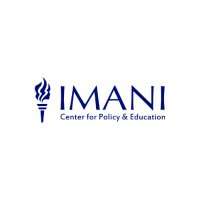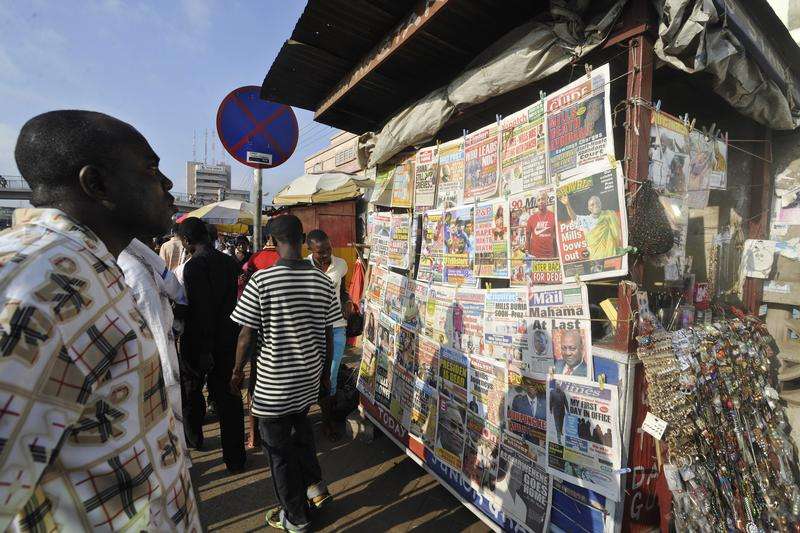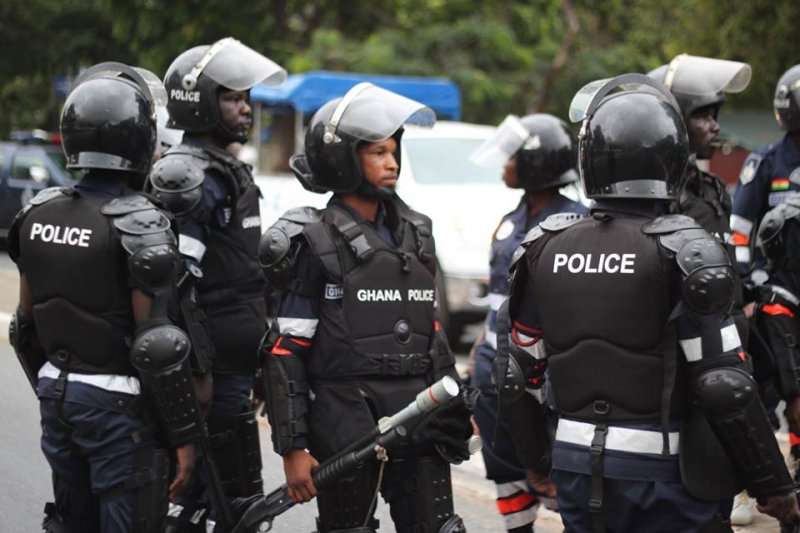Ghana’s recent security operations have drawn sharp criticism from policy think tank IMANI Africa, which warned that the tactics used, the media’s portrayal, and the surrounding political narratives risk inflaming public distrust and threatening democratic accountability.
In a detailed statement, the IMANI Center for Policy and Education raised concerns about the execution of high-profile security operations conducted by the National Intelligence Bureau (NIB) and other state security agencies.
While acknowledging that the actions may fall within legal bounds, the group questioned the aggressive methods and sensational coverage that accompany such interventions.
“The deployment of security operatives in high-profile operations raises questions about tactics and procedural fairness. The recent raid on Chairman Wontumi’s residence, along with earlier searches conducted at the homes of former Finance Minister Ken Ofori-Atta and ex-Bank of Ghana Governor Dr. Ernest Addison, reflects a concerning trend.”
IMANI Africa

Though the think tank did not dispute the legality of these interventions, it expressed concern over what it called a “militarized approach—including armed presence, restricted movement, and intimidation,” which it argued leaves an impression of political persecution rather than lawful enforcement.
IMANI believes this mode of operation undermines public trust in the impartiality of state institutions, fostering the perception that security agencies are being manipulated for partisan gain. This, they cautioned, is dangerous for democratic development.
Media Portrayal Deepens Political Tension
Adding fuel to the fire, IMANI Africa criticized the local media for what it termed an alarming trend in coverage.
The policy think tank took aim at the use of dramatic language in headlines and reports, which it claims exaggerates the nature of these actions and contributes to political polarization.
“Terms like ‘raid,’ ‘storming,’ and ‘siege’ dominate headlines, triggering public anxieties about political victimization rather than structured legal procedures.
“When compared to similar security actions in Western democracies, such as FBI searches of Donald Trump, Joe Biden, and Barack Obama’s residences, Ghana’s reportage leans toward sensationalism rather than legal interpretation.”
IMANI Africa

The think tank observed that American media typically refer to such events as “searches” or “investigations,” thus preserving a legal framing rather than stoking alarm.
Accordingly, it advocated for more balanced journalism that avoids emotionally charged vocabulary, which can reinforce divisive political narratives.
According to IMANI, this kind of language distorts public perception, making it difficult for citizens to view state actions as part of a legitimate accountability process.
The think tank called for a more careful editorial approach, arguing that this would help safeguard public confidence in Ghana’s democratic institutions.
Concern Over Security Operation ‘Targets’
Beyond the media, IMANI warned that the timing and choice of targets in recent security operations have not gone unnoticed.
Multiple searches have focused on former officials of the New Patriotic Party (NPP), prompting party members to question whether these efforts are being deployed selectively under the guise of justice.
This perception, they argued, can be just as damaging as actual bias. Political analysts, including security expert Prof. Kwasi Aning, have similarly cautioned that the appearance of partisanship in law enforcement undermines the credibility of Ghana’s institutions.

“The security apparatus must ensure equal application of the law, avoiding actions that could be interpreted as politically motivated vendettas.
“One major way to address these concerns is through institutional transparency—ensuring due process, consistent enforcement, and clear communication from security agencies to minimize partisan speculation.”
IMANI Africa
The think tank stressed that the durability of Ghana’s democratic system depends on the credibility and impartiality of its law enforcement institutions, as well as the public trust they command.
IMANI cautioned that, in the absence of a transparent and restrained approach to security operations, the nation could face heightened political divisions at a time when collective unity is essential.
It concluded that although the law grants authority for such actions, the methods used, the way the media presents them, and the political narratives they generate must be carefully examined.
Ensuring public confidence, according to IMANI, requires due process, balanced media reporting, and enforcement free from partisan influence.
If such reforms are not pursued, IMANI cautioned, the nation may slide further into mistrust and division—weakening the very foundations of its democratic system.
READ ALSO: Final Phase Of Prisoner Exchange Between Russia, Ukraine Completed



















